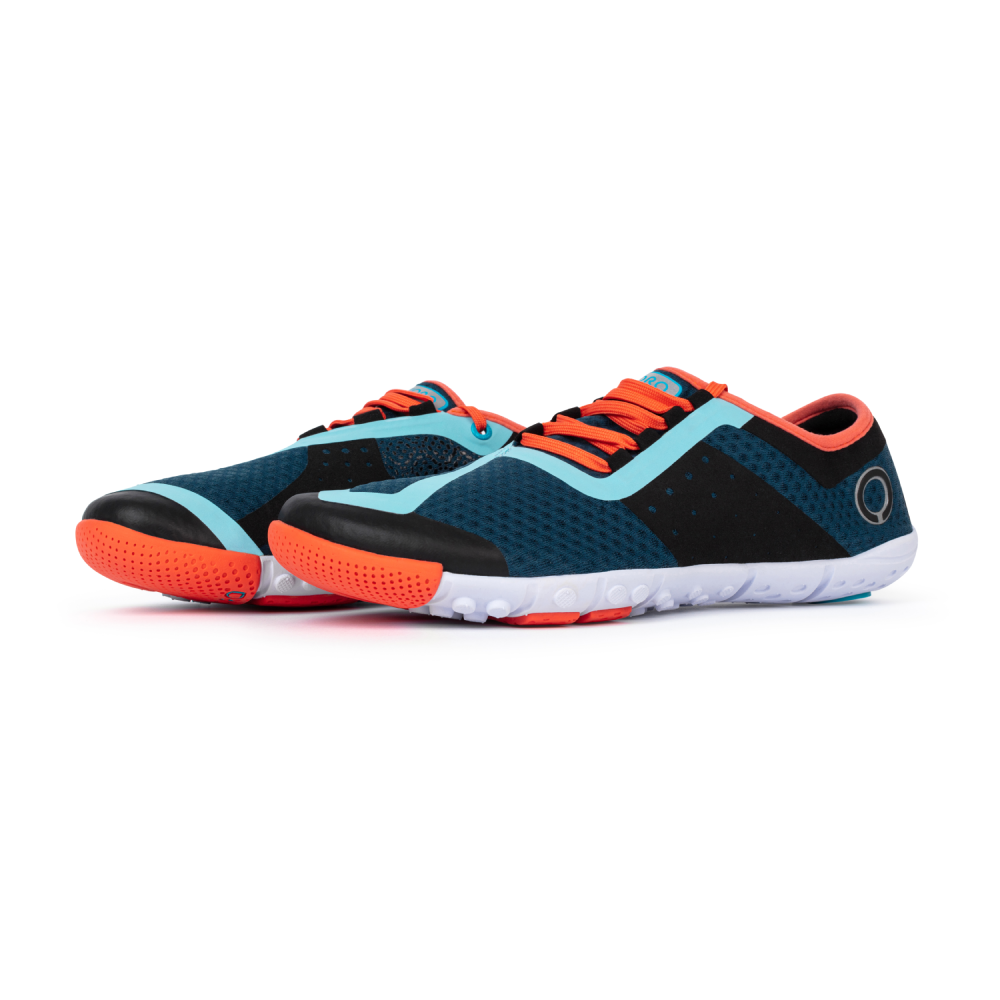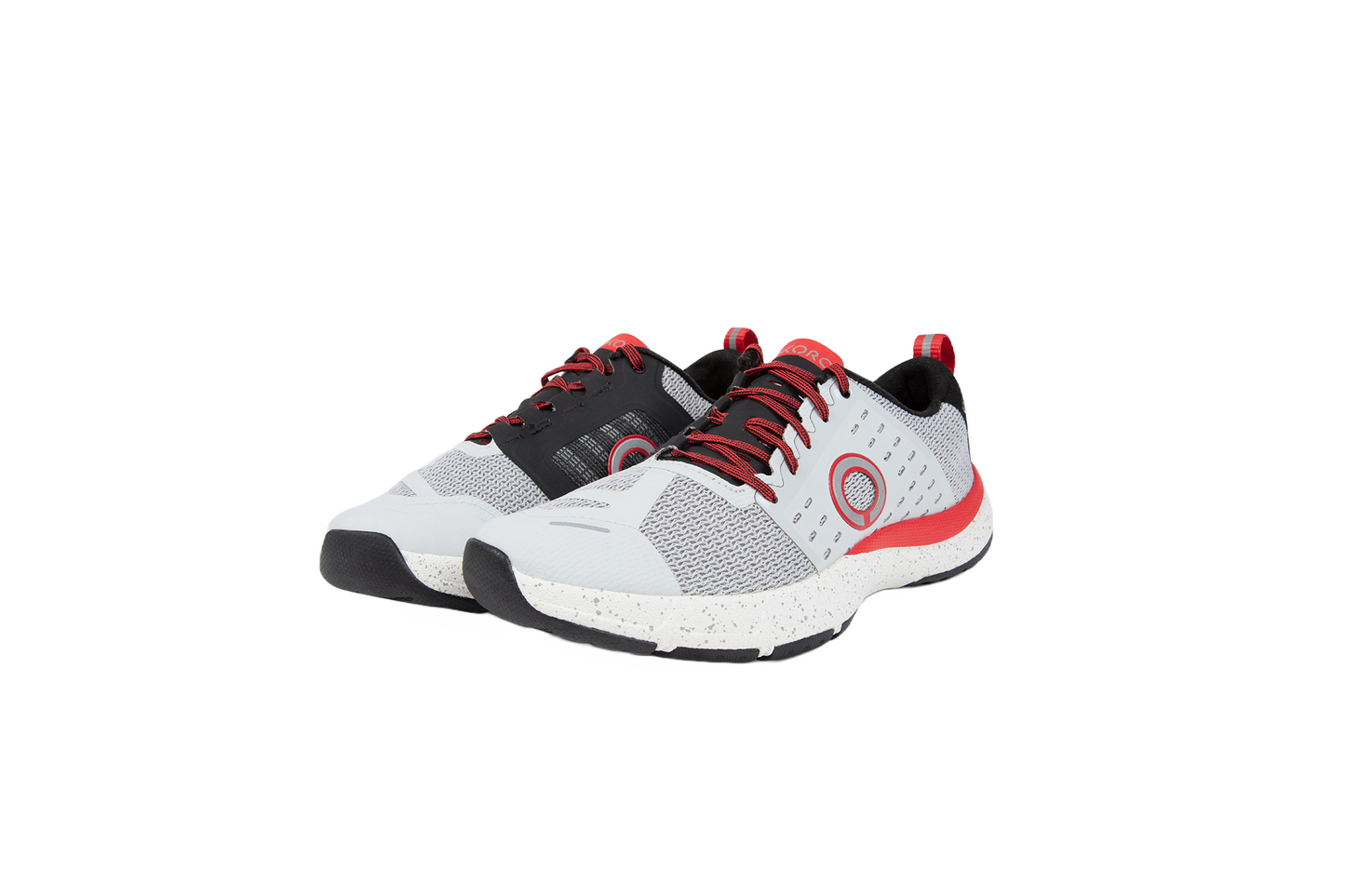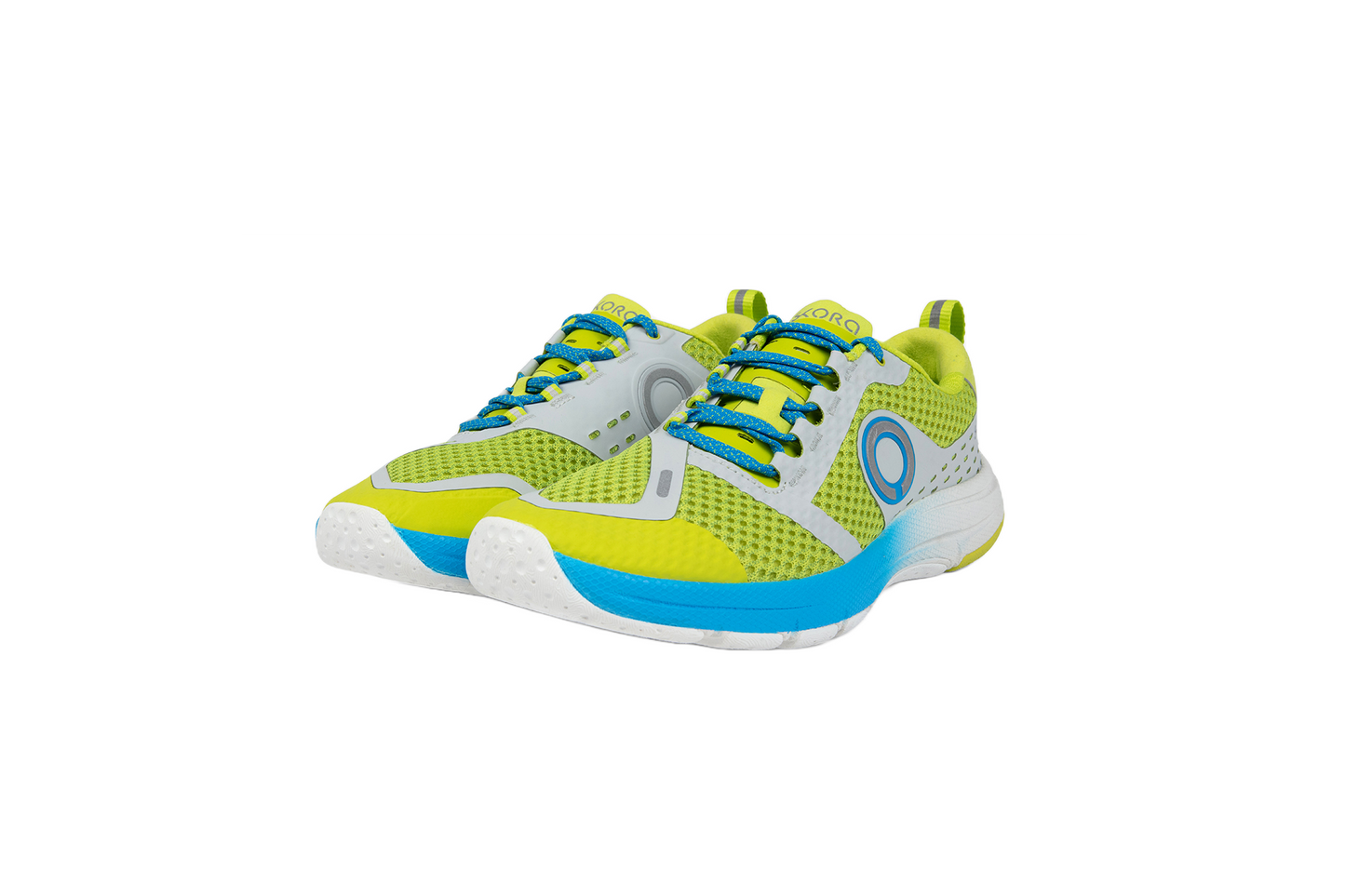
Unfortunately in today’s modern world, average is becoming undesirable. The average US citizen is either overweight or obese. The average American eats fast food too often and fruit not often enough. The “normal” person exercises too little and watches television too much.
Unfortunately in today’s modern world, average is becoming undesirable. The average US citizen is either overweight or obese. The average American eats fast food too often and fruit not often enough. The “normal” person exercises too little and watches television too much.
Yet, when it comes to sleep, people are doing surprisingly well. The American Time Use Survey concluded that the average hours spent sleeping each night for people over the age of 15, including every day of the week, is 8.7 hours. The average is the ideal. Not too much and not too little, but just right.
The effects of sleep on health and performance are substantial.
Too little
Unfortunately with increased training load, morning sleep is often the first thing to go. While this allows many athletes to fit that precious training in, cutting out sleep may be reducing the benefits.
Sleep debt over a six day period has been shown to result in higher evening concentrations of cortisol. One of the results of high cortisol levels is increased glucose in the blood. This is good when exercising or during situations that require extra energy, not good when getting ready for bed! High cortisol levels in the evenings and night have been correlated with insulin resistance, which could result in decreased glycogen production and storage for use during exercise.
Less sleep generally means more activity. Unfortunately if a person is sleeping six instead of eight hours nightly, they are getting two less hours of complete rest for those muscles that were microscopically damaged during exercise.
Research has also shown that sleep deprived athletes reach exhaustion quicker than athletes who have adequate nightly rest. Lack of sleep can also result in a decreased ability to sweat and thus cool the body during physical exertion. And lets not forget decreased immune function, as well as a laundry list of other health issues associated with sleep debt.
Too much
Consider this. If someone is getting 10 hours of sleep + a one hour nap, that is 11 hours with that person’s metabolic rate being very low! In fact, over a six year period, people who slept for nine to 10 hours nightly were 21% more likely to be obese compared to those who averaged seven to eight nightly hours!
The same applies to diabetes. Getting more than nine hours of sleep is extra time of complete physical inactivity! In fact, people who sleep this much on a regular basis are at a 50% greater risk of developing diabetes than those who get eight or less hours.
Finally, are headaches. Studies have found that the longer one sleeps on a weekend or holiday, the more likely that person is to experience a headache that day. This is possibly due to oversleeping disrupting neurotransmitters in the brain.
Just right
When it comes to sleep and its relation to health and fitness, it turns out being average is just right. The biggest key here is human growth hormone, which is released in high amounts during periods of uninterrupted sleep and aids in the repair of soft tissue damage. During exercise, soft tissue is microscopically broken down. Many of the fitness gains that occur during recovery are due to the repair and adaptation to this training stimulus. Thus, the more sleep you get, the better you recover, and the harder/more you can train!
How to fit in sleep and exercise!
- Avoid caffeine in the afternoon and evening
- This will aid in actually falling asleep more quickly after laying down to rest.
- Make it a habit
- Your body loves routines!
- Set a bed time alarm.
- When it goes off at 9:30pm, start wrapping up whatever you are doing and start getting ready for bed.
- Be efficient with your time
- When someone asks me how I have time to run so much, I tell them I don’t watch TV.
- Use light therapy
- Morning use of a full spectrum light, such as the HappyLight from Verilux, may help people fall asleep quicker by increased melatonin release in the evening.
- Avoid screens close to bed-time
- The blue light emitted from computers and televisions may disrupt a person’s circadium rhythm and make it more difficult to fall asleep after laying down for bed.
What are your greatest challenges when it comes to sleep, and how have you overcome them?
Subscribe to our newsletter & be entered into our monthly free shoe drawing!




